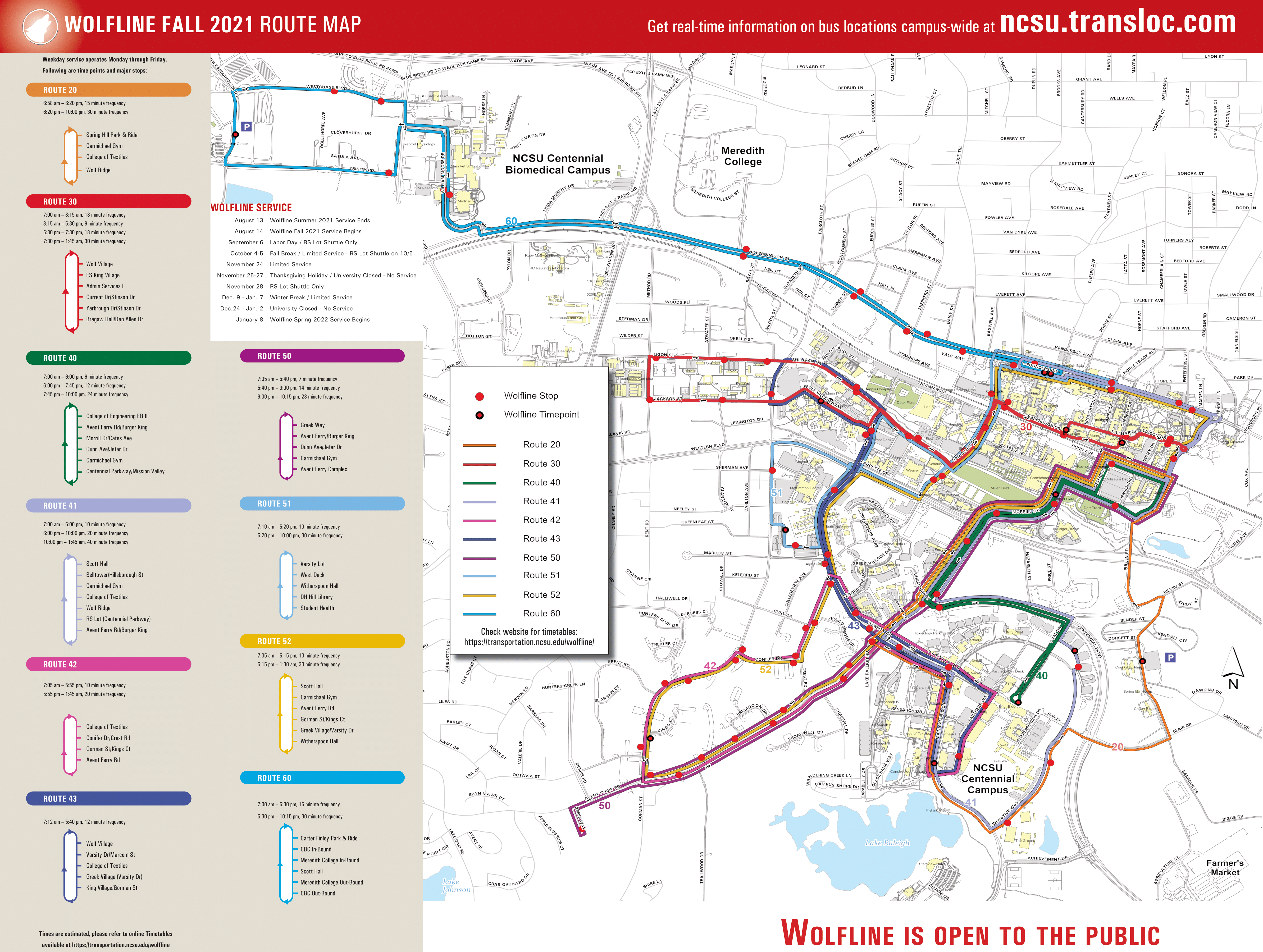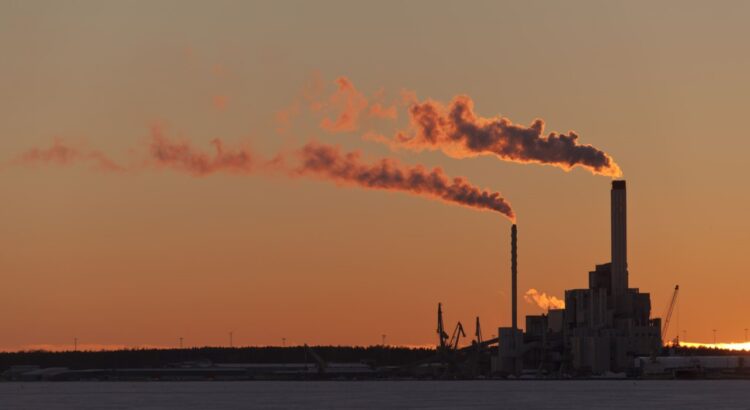Greenhouse Gases and What NC State can do to Help
Background
Carbon dioxide, methane, and nitrous oxide are some of the most common forms of greenhouse gases, although there are a number of trace gases such as CFCs that are still very dangerous even in small amounts. When the greenhouse gases are in the atmosphere, they absorb light and energy from the Sun as well as from what is reflected off of the Earth from the Sun. This extra absorbed energy is then released back to the Earth, causing more energy and heat to be kept on Earth instead of released into space. This has caused a slow and steady incline to the planet’s average temperature, which we call Global Warming.
A majority of Earth’s greenhouse gas emissions comes from energy production, with powerplants that use fossil fuels to produce heat that is converted into electricity, as well as producing carbon dioxide and nitrous oxide. Transportation also produces a significant amount of greenhouse gases, mostly through road traffic from cars and trucks. Vehicles use a similar process of using the fossil fuels in gasoline to produce kinetic movement.

Research Funding Proposal
I suggest that we do an experiment to determine if there is a way to reduce the campus’s greenhouse gas emissions by efficiently reducing the number of buses we have on the roads.
We can test potential new bus routes across campus to determine if there are better routes that can allow us to have less buses on the road while still allowing students to reach their destinations in a timely manner.

The factors that would be tested for these new routes would include merging existing routes that cover the same area, taking secondary streets to avoid busy intersections, and avoiding out-of-the-way bus stops that receive few students at certain times of the day.
Each of these routes would be tested at different times of the day to take external variables into consideration, such as differing traffic patterns and variations in student schedules.
Our researchers would be collecting statistical information, such as the amount of time it takes for the buses to complete these routes, as well as the amount of fuel that the buses use, as to accurately calculate the amount of greenhouse gases that are produced during each route.
We would also interview random students and faculty members who take the buses for their opinions on the new routes. We obviously want efficiency for our buses, but we also want the passengers of the buses to be happy, too.
This experiment would have to take place over several weeks, if not a few months, in order to repeat the tests for all of our potential routes, in order to get sufficient data to draw conclusions from for every route.
Importance & Impact
Greenhouse gases have serious impacts on the Earth through their effects on Global Warming. This ranges from the melting icecaps raising the Earth’s ocean levels to killing temperature-sensitive organisms that are integral to certain environments and their food chains. There are also effects caused by just excess Greenhouse gases in general. Coral reefs are sensitive to the excess carbon dioxide that is being absorbed into the ocean from the atmosphere, and thus, significant portions of the population of coral and the thousands of aquatic species that rely on them have died because of greenhouse gases.
Reducing our emissions of greenhouse gases in any way, regardless of how difficult it is, can help. NC State University should be at the forefront of leading people to more environmentally friendly lives, and I feel like this experiment can put a good foot forward towards doing that.
Sources
- Cushman, Robert M., and Sonja B. Jones. “The Relative Importance of Sources of Greenhouse-Gas Emissions: Comparison of Global Through Subnational Perspectives.” Environmental Management, vol. 29, no. 3, 2002, pp. 360–372., doi:10.1007/s00267-001-0018-4.
- Lacis, A. A., et al. “Atmospheric CO2: Principal Control Knob Governing Earth’s Temperature.” Science, vol. 330, no. 6002, 15 Oct. 2010, pp. 356–359., doi:10.1126/science.1190653.
- Marcotullio, Peter John, et al. “The Geography of Global Urban Greenhouse Gas Emissions: an Exploratory Analysis.” Climatic Change, vol. 121, no. 4, 20 Oct. 2013, pp. 621–634., doi:10.1007/s10584-013-0977-z.
